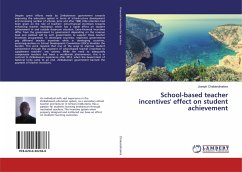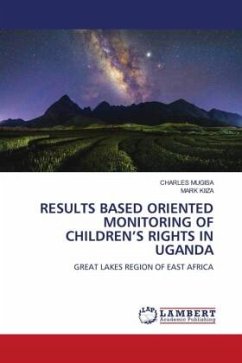Despite great efforts made by Zimbabwean government towards improving the education system in terms of infrastructure development and increasing number of schools, prior and after 1980, little attention had been given on the role of teachers' extra-financial incentives towards enhancing teacher motivation which has a ripple effect on student achievement in and outside classroom situation. Extra-financial incentives differ from the government to government depending on the revenue base and political will by such governments to support these teacher incentives programmes. In developed countries, respective governments pay different teacher incentives while in developing countries, parents/guardians or School Development Committees (SDCs) shoulder the burden. This work reputed that one of the ways to improve student achievement through the payment of school-based teacher incentives to supplement teachers' low salaries. While the need to adequately compensate teachers had been a worldwide phenomenon, this is in contrast to Zimbabwean experience after 2014, when the Government of National Unity came to an end. Zimbabwean government banned the payment of teacher incentives.
Bitte wählen Sie Ihr Anliegen aus.
Rechnungen
Retourenschein anfordern
Bestellstatus
Storno








